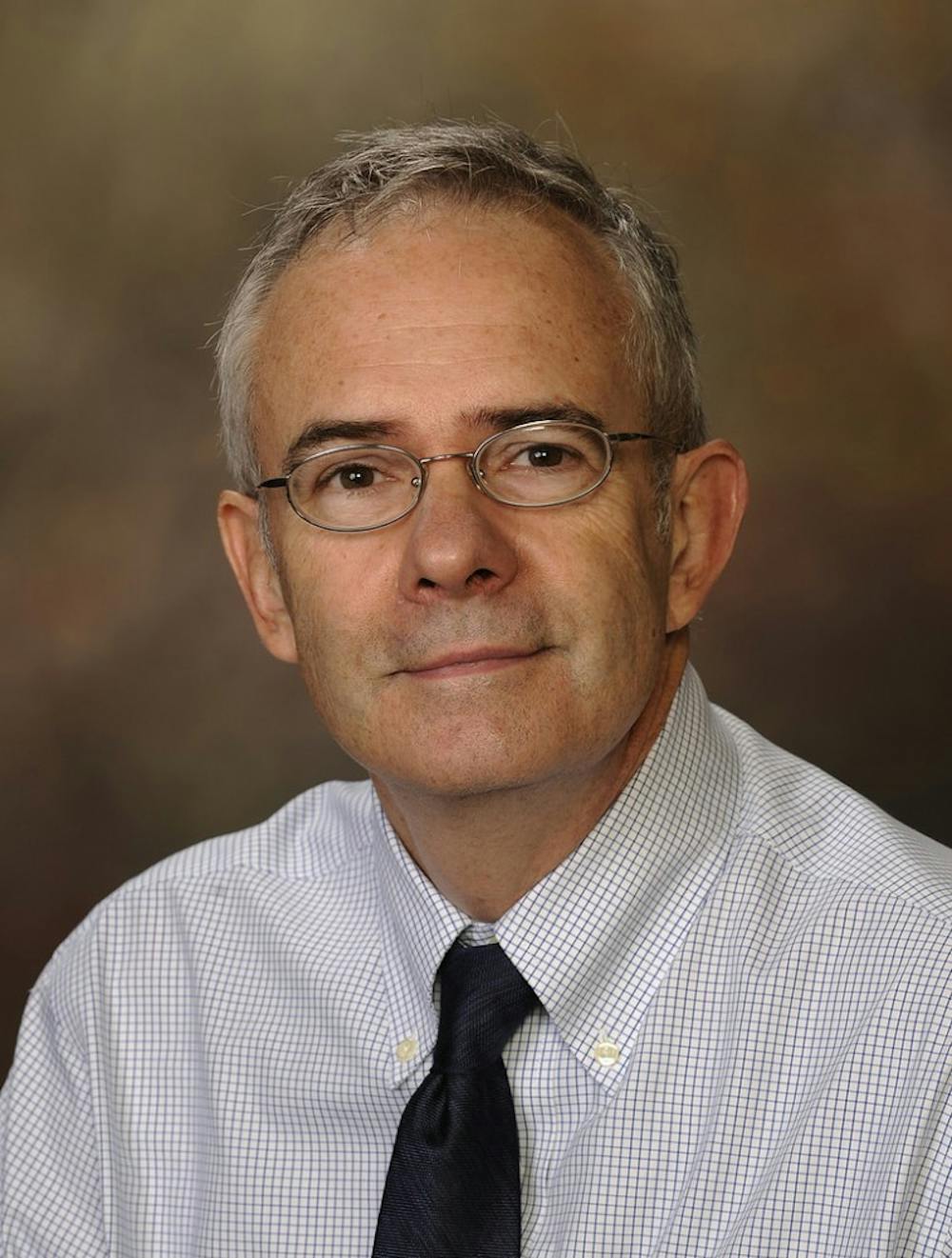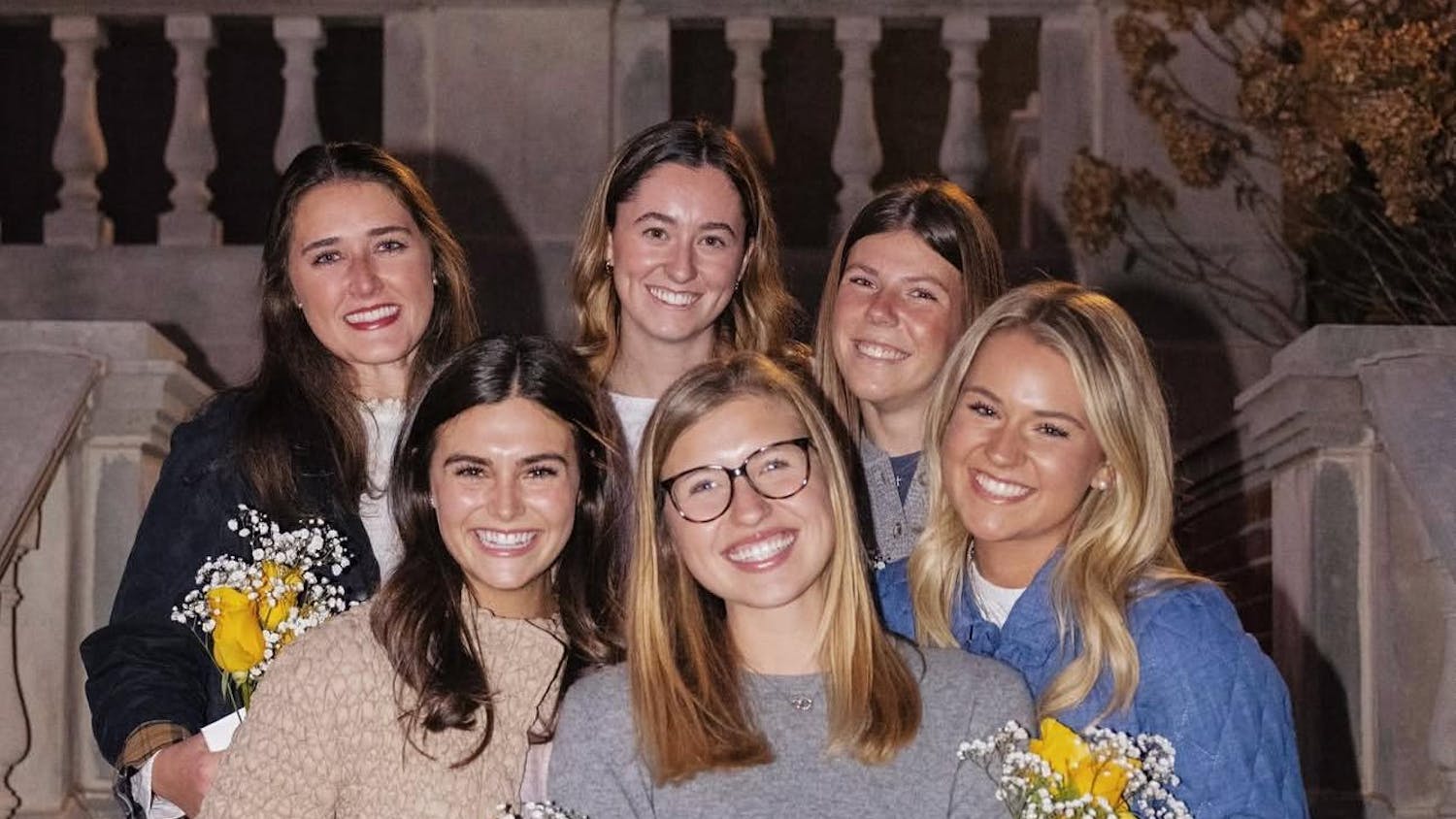AUBURN, Ala. (EETV) - Floodwaters from Hurricane Harvey have become breeding ground for West Nile virus outbreaks. Texas health officials have reported 89 cases of the virus and three deaths as of late September. Now, Auburn scientists have identified climatic, ecological and socioeconomic factors contributing to the virus.
Further studies are underway that could help predict risks and prepare public officials to save lives during West Nile virus outbreaks in flood-prone or hurricane impacted areas.
Nationwide, 49 deaths have been reported in 2017.
Graeme Lockaby is a professor and associate dean of research in Auburn's School of Forestry and Wildlife Sciences, is the lead author of the research study. Auburn Associate Professor Wayde Morse, Professor Latif Kalin and researchers Robin Governo and Rajesh Sawant served as co-authors among the multi-agency research team. Scientists from the University of Georgia and Pennsylvania and the USDA Forest Service also worked on the team.
“Our research indicates that climate and meteorological conditions, vegetation characteristics, land use and land cover type and socioeconomic factors directly contribute to the presence of West Nile Virus,” Lockaby said.
Lockaby is heading a new two-year study with graduate student Nicole Castaneda, in conjunction with the Audubon Society and U.S. Forest Service, to further refine our ability to determine locations of highest or lowest risk for West Nile virus based on the presence of specific risk factors.
“Significant flood events like those experienced in Houston are predicted to drive an increase in the number of cases of West Nile virus,” said Lockaby. “Our goal is to refine our ability to estimate degree of risk based on the presence of risk factors that help to drive the disease vectors, which will be very useful for protecting human life in areas most vulnerable to hurricanes.”







